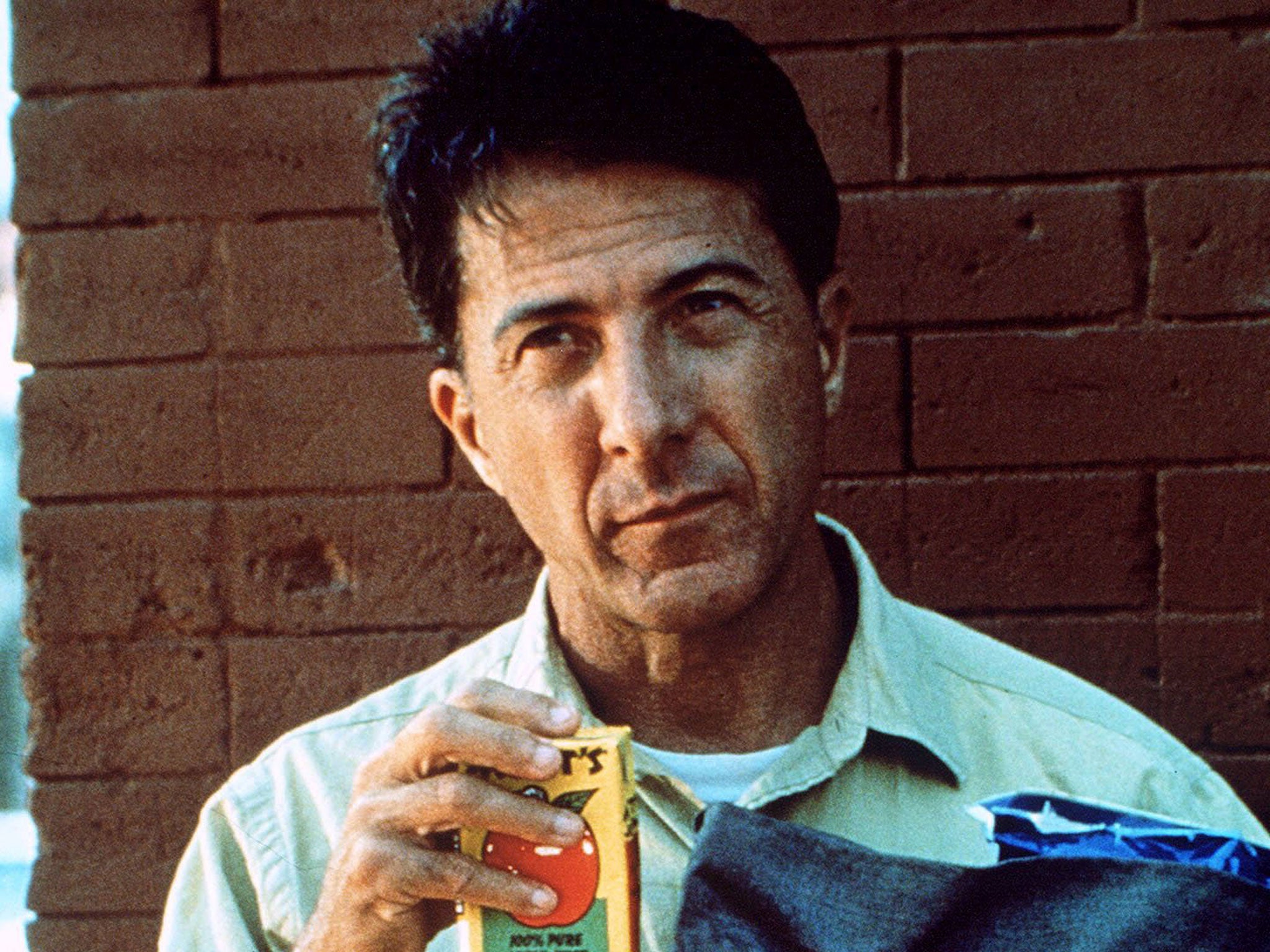In a Different Key by John Donvan & Caren Zucker, book review
How years of blinkered thinking stymied efforts to understand and treat autism

Your support helps us to tell the story
From reproductive rights to climate change to Big Tech, The Independent is on the ground when the story is developing. Whether it's investigating the financials of Elon Musk's pro-Trump PAC or producing our latest documentary, 'The A Word', which shines a light on the American women fighting for reproductive rights, we know how important it is to parse out the facts from the messaging.
At such a critical moment in US history, we need reporters on the ground. Your donation allows us to keep sending journalists to speak to both sides of the story.
The Independent is trusted by Americans across the entire political spectrum. And unlike many other quality news outlets, we choose not to lock Americans out of our reporting and analysis with paywalls. We believe quality journalism should be available to everyone, paid for by those who can afford it.
Your support makes all the difference.An unrecognised condition for decades, autism has now become a story richly documented. Two recent prize-winning books preceded this new study: Andrew Solomon's Far From the Tree, one chapter of which was specifically on autism, and Steve Silberman's Neurotribes. A condition that features stark difficulties in communication now has eloquent chroniclers who are being heard.
The story would be a sad one even had the condition been properly recognised early; but it is scandalous that after decades in which children were invariably institutionalised, often in appalling conditions, there was a period in the 1960s and 1970s when "refrigerator mothers" were blamed for the condition.
The book refers to individual families and researchers to reveal the progress in providing understanding, care and education for autistic children. While the psychiatric establishment was blaming cold, uncaring mothering, the fightback was spurred by campaigning parents who knew that could not be the case.
In a Different Key is mostly an American narrative for the first 270 pages, and when Britain enters the picture the different cultures are revealed. The American story features many rival camps, big egos and hugely hyped breakthroughs that often turned out to be false dawns. There are some shocking stories. Donvan and Zucker are devastating in their criticism of Bruno Bettelheim, who was blaming mothers to the end of his life. Autistic children often develop an obsession with particular objects or phenomena. Evidently, when Bettelheim was faced with a child who was obsessed with the weather, he interpreted this in terms of a language game worthy of the most insouciant kind of literary deconstructionist: weather = We/Eat/Her, which meant that her mother "intended to devour her".
In a technique called facilitated communication, autistic children who had no speech were taught to communicate by typing, aided by a facilitator. After a case in which the child reported parental sexual abuse, the "communication" was revealed to be dictated by a self-deluding facilitator.
The British school, beginning at the Maudsley Hospital in the Sixties, made steadier progress. The subject had been bedevilled for decades by a dogmatic insistence on nurture over nature, but in 1976 the British psychiatrist Michael Rutter conducted a study on twins which showed that autism was found in both twins only when they were identical. Identical twins have precisely the same genome so this was crucial, irrefutable evidence of genetic causation.
At the same time in the US, the National Society for Autistic Children published a study of biochemical tests. There was very little follow-up because, as Donvan and Zucker write: "In 1976… the scientific community was almost entirely uninterested in the biology of autism." Future historians will be baffled that for decades after the genetic code was being deciphered (1968), the collective wisdom of the human race refused to acknowledge the biological basis of humanity.
But British researchers come out of the story well: besides Rutter there is Uta Frith, who first demonstrated that autistic children often compensate for poor language skills with heightened visual awareness; Lorna Wing, author of the now-standard term autism spectrum disorder; and Simon Baron-Cohen, who showed experimentally that autistic children often lack the ability to read the minds of others.
In the 1990s, the hidden condition led to an epidemic of anxiety among parents; vaccines became, for a time, the refrigerator mothers of the era; autistic people began to find their voice, a different voice; and the neurodiversity movement was born, at its most extreme sometimes inadvertently echoing the Bettelheim era in its dismissal of parents who wished to see autism "cured". The vaccine episode is a blot on Britain's record. In 1998, Andrew Wakefield, a doctor at the Royal Free Hospital in London, announced a study of 12 autistic children who, he claimed, had developed their symptoms days after receiving the MMR triple vaccine. This created a familiar kind of media/activist/populist scare/scandal on both sides of the Atlantic. This ran for many years until, in 2004, Brian Deer, a Sunday Times journalist, revealed that Wakefield's study had been led and funded by litigation. His results were never corroborated and in 2010 Wakefield was struck off the UK medical register on the grounds that he had acted "dishonestly and irresponsibly".
Although progress has been made, the scale of the problem and some of the responses to it, such as the vaccines scare, bring to mind Eliot's lines from Little Gidding: "From wrong to wrong the exasperated spirit proceeds". He was referring to individuals (and his remedy was yet another wrong), but this lurching after falsehood seems to characterise our mass behaviour as well.
Allen Lane, £25. Order at £21.50 inc. p&p from the Independent Bookshop
Join our commenting forum
Join thought-provoking conversations, follow other Independent readers and see their replies
Comments